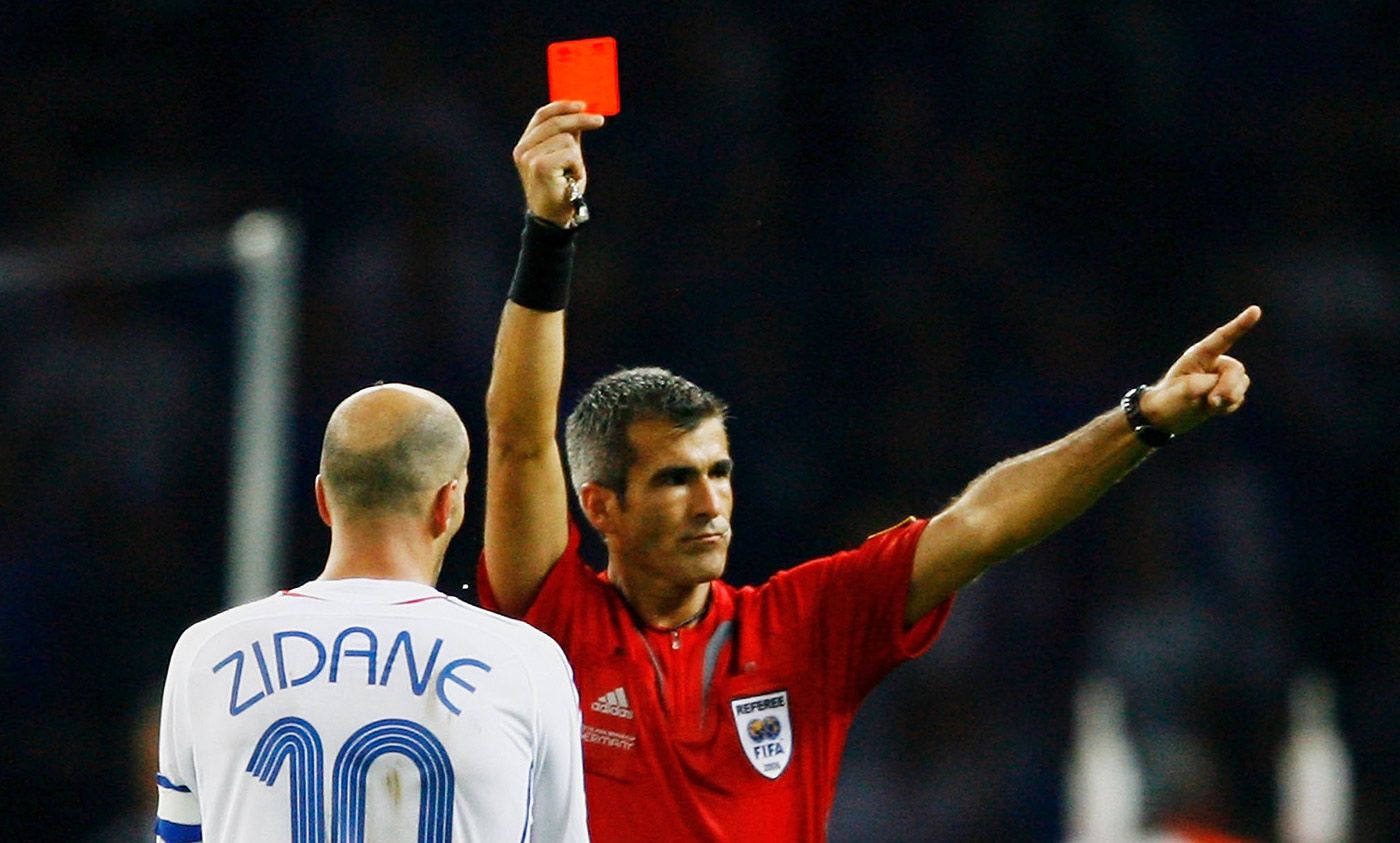 Connie M. Ulrich and Christine Grady
Connie M. Ulrich and Christine GradyNAM Perspectives.
https://doi.org/10.31478/201909c
Here is an excerpt:
Evidence shows that dissatisfaction and wanting to leave one’s job—and the profession altogether—often follow morally distressing encounters. Ethics education that builds cognitive and communication skills, teaches clinicians ethical concepts, and helps them gain communication skills and confidence may be essential in building moral strength. One study found, for example, that among practicing nurses and social workers, those with the least ethics education were also the least confident, the least likely to use ethics resources (if available), and the least likely to act on their ethical concerns. In this national study, as many as 23 percent of nurses reported having had no ethics education at all. But the question remains—is ethics education enough?
Many factors likely support or hinder a clinician’s capacity and willingness to act with moral strength. More research is needed to investigate how interdisciplinary ethics education and institutional resources can help nurses, physicians, and others voice their ethical concerns, help them agree on morally acceptable actions, and support their capacity and propensity to act with moral strength and confidence. Research on moral distress and ethical concerns in everyday clinical practice can begin to build a knowledge base that will inform clinical training—in both educational and health care institutions—and that will help create organizational structures and processes to prepare and support clinicians to encounter potentially distressing situations with moral strength. Research can help tease out what is important and predictive for taking (or not taking) ethical action in morally distressing circumstances. This knowledge would be useful for designing strategies to support clinician well-being. Indeed, studies should focus on the influences that affect clinicians’ ability and willingness to become involved or take ownership of ethically-laden patient care issues, and their level of confidence in doing so.






